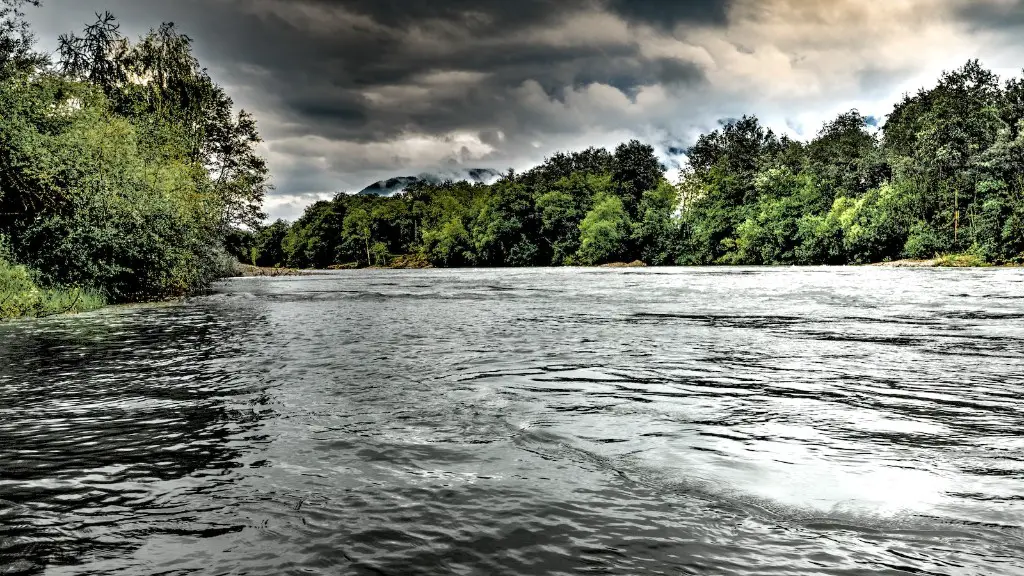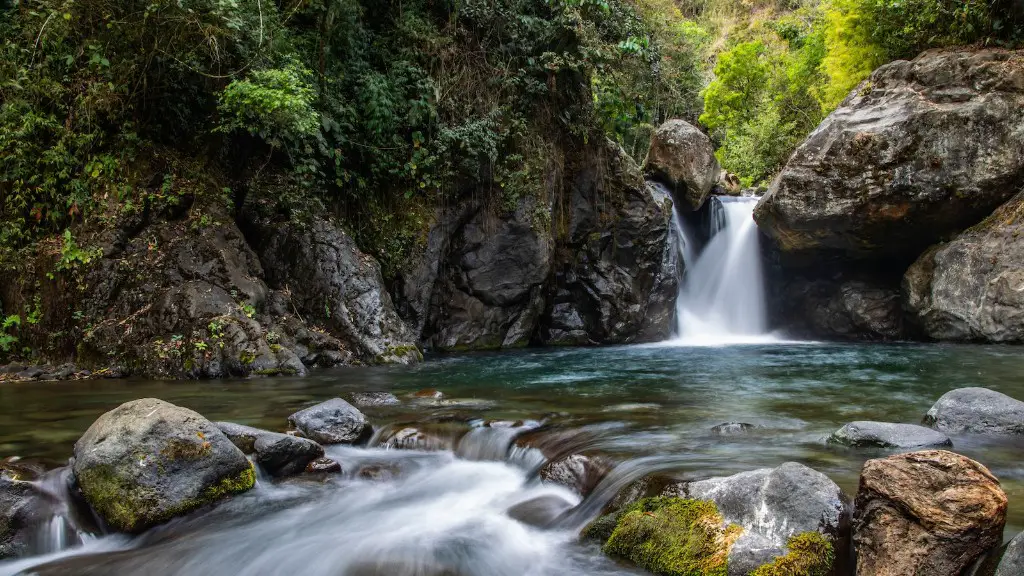Are fish from the Mississippi River safe to eat? The answer depends on the specific species and its genetic makeup, as well as from whom it was obtained. The most important thing to remember when considering whether to include these fish in your diet is to make sure the source is free from pollutants.
The Mississippi River is a connector of places, people, and communities. Unfortunately, this also means it is an accumulator of human waste and chemicals from industrial sources. Fish in these waters are exposed to a cocktail of contaminants, from lead and other metals to polyaromatic hydrocarbons and polychlorinated biphenyls (PCBs).
These contaminants can have detrimental effects on both animal and human health. Several studies have shown that wildlife near the river is more likely to suffer from illness or develop deformities due to their exposure to these pollutants. In humans, consuming fish from the Mississippi River could lead to long-term health problems, including cancer, infertility, and reproductive issues.
Consumers should be aware of the potential dangers posed by Mississippi River fish. When it comes to eating fish from this region, experts advise avoiding some species altogether. Catfish, which have adapted to the pollution, are especially notorious and should be avoided at all costs. Other species, like largemouth bass, white bass, and sturgeon, should be thoroughly inspected prior to consumption.
If you feel comfortable doing so, you can purchase fish from local sources, as there may be less contamination in smaller bodies of water. It is also possible to buy certified “clean” fish, which has been tested and verified to contain lower levels of pollutants. However, this type of fish will likely be more expensive than fish sourced from other regions.
When deciding whether to enjoy the fish in the Mississippi River, it is also important to consider the ecological impact of your choices. Overfishing already poses a significant risk to the region’s ecosystem. Eating too much fish from the Mississippi River can further deplete the marine life, which can lead to a decrease in both biodiversity and the health of the river overall.
Overall, if one chooses to consume fish from the Mississippi River, they should do so with caution and with a full understanding of the risks involved. It is important to be aware of the potential for contamination when enjoying seafood, especially in this region. Checking the species, the source, and looking for certified clean labeling are all important prerequisites.
Habitats and Populations of Mississippi River Fish
The Mississippi River is home to a diverse array of aquatic wildlife and fish species. From smallmouth bass to crappie and bluegill, many types of freshwater fish inhabit the river and its many tributaries and lakes. However, it is worth noting that overfishing has led to a decrease in the numbers and varieties of Mississippi River fish. In addition, the construction of dams has led to the fragmentation of habitats, and the preservation of the ecosystem is in jeopardy.
Despite this, organizations like the Mississippi Department of Wildlife, Fisheries, and Parks (MDWFP) are working to preserve the river and its diverse ecosystem. They have implemented laws and regulations around sport fishing and commercial fishing, with the aim to protect the existing fish populations. For example, recreational fishermen are not allowed to keep catfish in certain areas, which helps to prevent the further depletion of this species.
Water Pollution
Unfortunately, no amount of regulation can completely protect the Mississippi River and its aquatic life from the dangers of water pollution. This is due to the industrial sites, agricultural runoff, and human waste that find their way into the river every day. These pollutants can have serious health effects, not just on the fish but on humans as well.
Studies have shown that fish near the Mississippi River contain higher amounts of mercury and other heavy metals than is considered safe. Additionally, feces, debris, and chemical contaminants are found in the water and can further damage the fish’s health, as well as contaminate the dietary supply and health of fish eaters. The most important thing to keep in mind when considering whether to consume fish from the Mississippi River is to make sure the source is free from pollutants.
Safe Eating Practices
When it comes to eating fish from the Mississippi River, there are several precautions consumers can take to ensure safe consumption. The first is to educate yourself on the types of pollutants found in the river and the health risks associated with them. Additionally, experts advise avoiding some species of fish altogether, such as catfish.
In addition, consumers should be sure to purchase their fish from reputable sources and avoid sourcing fish directly from the Mississippi River. If this is not an option, certified “clean” fish is available and should be chosen. Overall, being aware of the risks associated with eating Mississippi River fish and understanding the best practices for safely sourcing and cooking them is the best way to ensure the safety of both humans and marine life.
Eco-friendly Fishing Practices
While the potential health risks associated with eating Mississippi River fish should be a major concern, so too should be the impact eating them can have on the river’s ecosystem. Overfishing is a real issue in the region, which is why it is so important to practice eco-friendly fishing methods.
One way to practice eco-friendly fishing is to engage in catch and release fishing. In addition, carrying out regular surveys of the river’s population and habitats can help to keep the river’s ecosystem in check. Finally, supporting organizations that focus on the protection, preservation, and conservation of the Mississippi River can help to ensure the future of the river and its many inhabitants.
A Closer Look at Fisheries
Fishing is an important means of subsistence for many people in the Mississippi River region. In fact, fisheries in the region account for nearly 17,000 jobs and fishery products contribute over $1 billion to the state’s economy.
However, the current level of fishing is unsustainable and unregulated fishing practices can lead to serious consequences for the river’s fish populations and habitats. This is why it is so important for fisheries to take a closer look at their fishing practices and enforce sustainable management plans.
Companies should not just rely on regulations from state governments, but should instead focus on developing their own protective measures. Such measures could include a more active involvement in research and monitoring of the river’s fish populations, as well as the implementation of more sustainable fishing practices.
Overall, it is clear that the Mississippi River is a vital resource and its health has a direct impact on the lives of those who call the region home. It is therefore of utmost importance that stakeholders take a proactive stance in preserving the river’s health and protecting its aquatic wildlife.




